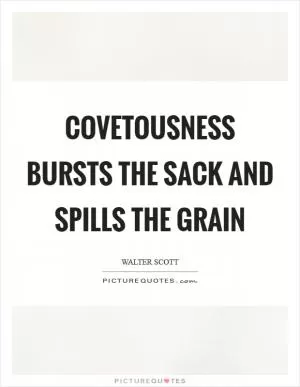How nearly can what we most despise and hate, approach in outward manner to that which we most venerate!

How nearly can what we most despise and hate, approach in outward manner to that which we most venerate!
In the context of Walter Scott, the quote "How nearly can what we most despise and hate, approach in outward manner to that which we most venerate!" holds a significant meaning. Scott was a Scottish historical novelist, poet, playwright, and historian who is considered one of the greatest writers of his time. His works often explored themes of honor, chivalry, and the clash between different cultures and ideologies.Scott's writing often delved into the complexities of human nature and the duality of good and evil within individuals. This quote reflects the idea that sometimes the things we despise or hate can bear a striking resemblance to the things we hold in high regard. It speaks to the idea that outward appearances can be deceiving and that true virtue or vice lies beneath the surface.
In Scott's novels, characters often grapple with their own inner demons and struggle to reconcile their actions with their beliefs. The quote suggests that there is a fine line between what we venerate and what we despise, and that sometimes the two can be more closely related than we realize.
One of Scott's most famous works, "Ivanhoe," explores themes of honor, loyalty, and the clash between different cultures and ideologies. The novel follows the story of the eponymous hero, Ivanhoe, as he navigates the treacherous world of medieval England. Throughout the novel, Ivanhoe is forced to confront his own prejudices and preconceptions, ultimately learning that true virtue lies in the heart, not in outward appearances.












 Friendship Quotes
Friendship Quotes Love Quotes
Love Quotes Life Quotes
Life Quotes Funny Quotes
Funny Quotes Motivational Quotes
Motivational Quotes Inspirational Quotes
Inspirational Quotes